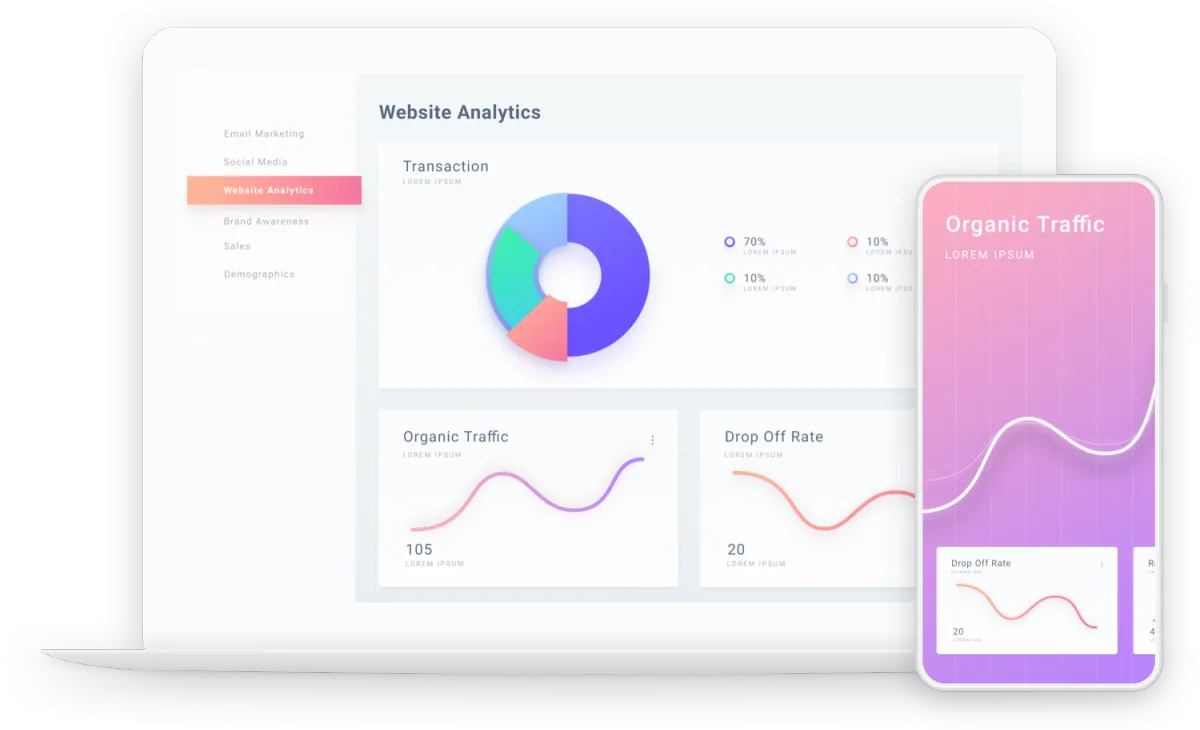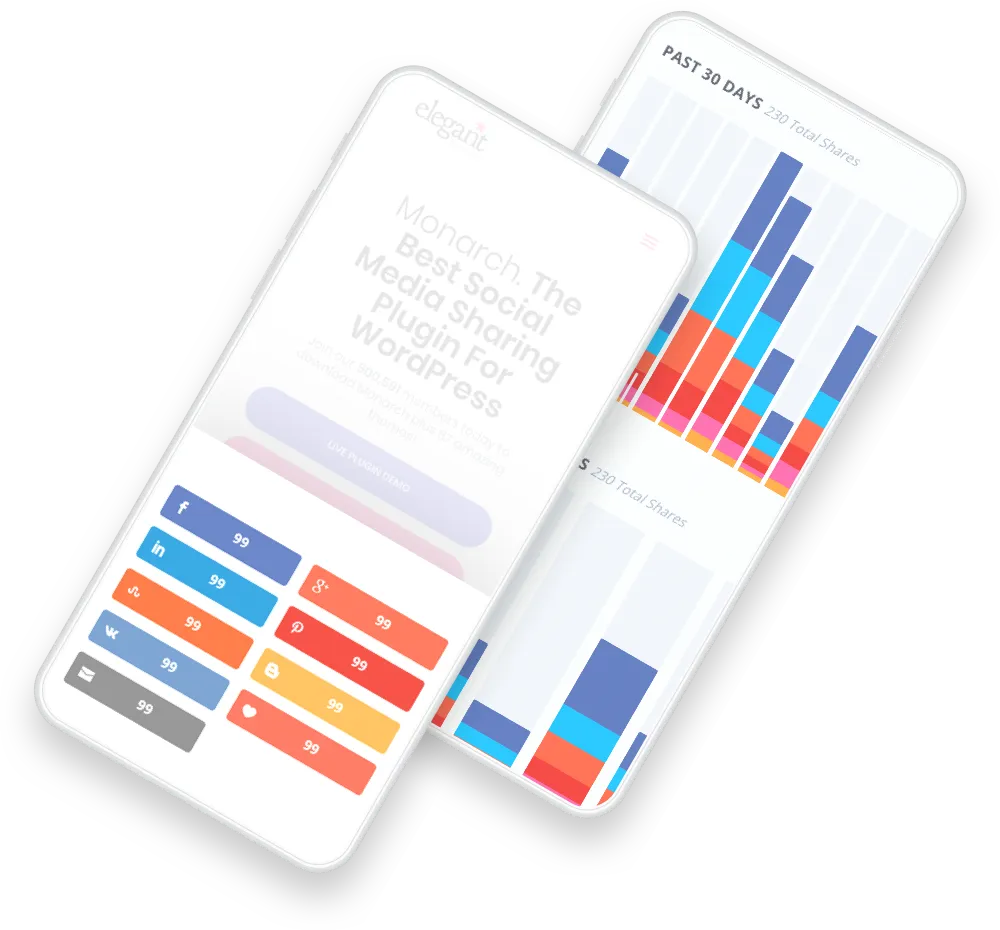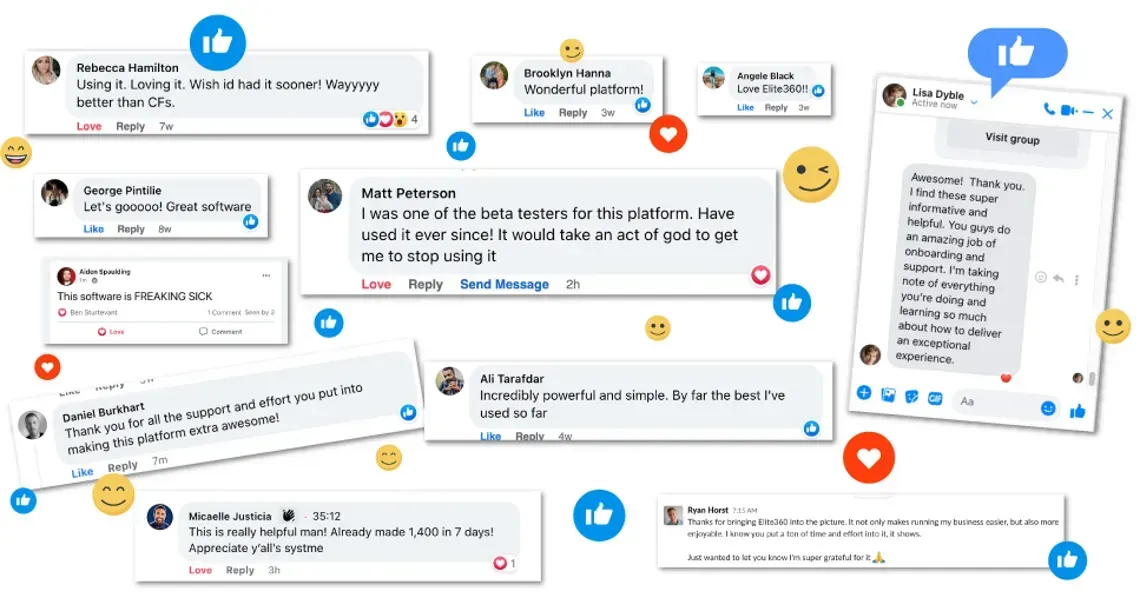
Online Growth Strategy
About Us
At Media Traffics, we transform your online presence into a client-generating powerhouse. Our proven, systematized approach fills your calendar with high-intent buyers—ensuring you not only attract more leads but also convert them into loyal customers.
You Are steps away....
Imagine having complete control over every opportunity—your pages, your leads, your revenue.
A systematized approach to make you the most lead generation lethal machine ever.

Have Control
Have control over your pages, leads, and opportunities at all times.
We’ve Got You Covered

Brand Design & Strategy
We help you sharpen your image and make sure your design is actually selling

Social Media Management
We manage your social media ads to produce results that are unheard of.

Audience Analytics
We give you full insights on how your ads are doing.

Leads
This is actually our core main superpower that we're known for.

Copywriting
We have some of the best copywriters ever to be living on this planet.

Team Training
Our team training has allowed our clients to close 45% more deals on internet leads.

Website Development
Design the best website/funnel under one platform and enjoy lifetime access.

Email Marketing
Unlimited email marketing campaigns to your clients or whoever you want.
We’ll Show You How It’s Done
In this short 15 Minute ZOOM meeting. We will teach you how this is done.

Book Your 1 On 1 Demo Walk-through Season With Our Experienced Experts.

We Make it Easy to Connect With Users On Every Platform
Our easy-to-use CRM software will allow you to have full control over your business and ensure more sales.

Guide: Deep Dive Into Lead Generation
Outline of the Article
Introduction to Lead Generation
What is lead generation?
Importance of lead generation in business
Types of Leads
Marketing Qualified Leads (MQLs)
Sales Qualified Leads (SQLs)
Product Qualified Leads (PQLs)
Strategies for Lead Generation
Content marketing
Search engine optimization (SEO)
Social media marketing
Email marketing
Paid advertising
Lead Generation Techniques
Landing pages
Lead magnets
Webinars and events
Referral programs
Tools for Lead Generation
Customer relationship management (CRM) software
Marketing automation platforms
Analytics tools
Challenges in Lead Generation
Identifying target audience
Creating compelling content
Measuring ROI
Best Practices for Lead Generation
Understand your target audience
Create valuable content
Use multiple channels
Track and analyze results
Conclusion
Lead Generation: Driving Business Growth Through Strategic Marketing
In today's competitive business landscape, acquiring customers is more challenging than ever. With the rise of digital marketing, companies are constantly seeking effective ways to generate leads and convert them into loyal customers. Lead generation plays a crucial role in this process, serving as the foundation for sustainable business growth.
Understanding Lead Generation
What is lead generation?
Lead generation is the process of attracting and converting prospects into potential customers who have shown interest in a company's products or services. It involves identifying and nurturing individuals or organizations that are likely to make a purchase.
Importance of lead generation in business
Lead generation is essential for businesses of all sizes as it enables them to expand their customer base, increase sales revenue, and ultimately achieve long-term success. By focusing on generating high-quality leads, companies can streamline their marketing efforts and improve overall efficiency.
Types of Leads
Marketing Qualified Leads (MQLs)
MQLs are prospects who have engaged with a company's marketing efforts and have shown interest in its offerings. These leads are typically at the top of the sales funnel and require further nurturing to become sales-ready.
Sales Qualified Leads (SQLs)
SQLs are prospects who have been identified as potential customers by the sales team based on their readiness to make a purchase. These leads have demonstrated a higher level of interest and intent to buy.
Product Qualified Leads (PQLs)
PQLs are prospects who have experienced the value of a company's product or service through a trial or demo. These leads are more likely to convert into paying customers due to their firsthand experience with the offering.
Strategies for Lead Generation
Effective lead generation requires a combination of strategic marketing tactics aimed at attracting and engaging potential customers. Some popular strategies include:
Social media marketing: Leveraging social media platforms to engage with prospects and promote brand awareness.
Email marketing: Sending targeted emails to nurture leads and encourage conversions.
Paid advertising: Investing in paid ads to reach a wider audience and drive traffic to landing pages.
Content marketing: Creating and distributing valuable content to attract and retain a target audience.
Lead Generation Techniques
Landing Pages
Landing pages are standalone web pages designed specifically for lead generation purposes. They typically contain a form where visitors can submit their contact information in exchange for valuable content or offers.
Lead Magnets
Lead magnets are incentives offered to prospects in exchange for their contact information. Examples include ebooks, whitepapers, webinars, and free trials.
Webinars and Events
Hosting webinars and events allows companies to showcase their expertise, engage with prospects in real-time, and collect valuable leads.
Referral Programs
Encouraging existing customers to refer their friends and colleagues can be a highly effective way to generate new leads through word-of-mouth marketing.
Tools for Lead Generation
Several tools and technologies can streamline the lead generation process and enhance its effectiveness:
Customer relationship management (CRM) software: Helps track and manage leads throughout the sales pipeline.
Marketing automation platforms: Automates repetitive tasks and workflows to nurture leads more efficiently.
Analytics tools: Provides insights into lead generation efforts and helps measure ROI.
Challenges in Lead Generation
Despite its importance, lead generation comes with its own set of challenges:
Identifying target audience: Understanding the needs and preferences of your target audience can be challenging, especially in crowded markets.
Creating compelling content: Generating high-quality content that resonates with prospects and encourages engagement requires time and resources.
Measuring ROI: Determining the effectiveness of lead generation campaigns and allocating resources accordingly can be difficult without proper tracking and analytics.
Best Practices for Lead Generation
To overcome these challenges and maximize the impact of lead generation efforts, consider the following best practices:
Understand your target audience: Conduct market research to identify your ideal customers and tailor your marketing messages accordingly.
Create valuable content: Offer informative and relevant content that addresses the pain points and needs of your target audience.
Use multiple channels: Diversify your marketing channels to reach prospects across different platforms and touchpoints.
Track and analyze results: Monitor key metrics and performance indicators to evaluate the success of your lead generation campaigns and make data-driven decisions.
Conclusion
Lead generation is a critical component of any successful marketing strategy. By implementing effective lead generation tactics and leveraging the right tools and technologies, businesses can attract, nurture, and convert prospects into loyal customers, driving sustainable growth and profitability.
FAQs (Frequently Asked Questions)
What is the difference between an MQL and an SQL?
MQLs are prospects who have shown interest in a company's offerings through marketing efforts, while SQLs are prospects who have been identified as potential customers by the sales team based on their readiness to make a purchase.
How can I improve my lead generation efforts?
Focus on understanding your target audience, creating valuable content, using multiple marketing channels, and continuously tracking and analyzing results to optimize your lead generation strategy.
What role do lead magnets play in lead generation?
Lead magnets are incentives offered to prospects in exchange for their contact information. They help attract and engage potential customers and facilitate the lead generation process.
Why is it important to measure ROI in lead generation?
Measuring ROI allows businesses to evaluate the effectiveness of their lead generation efforts, identify areas for improvement, and allocate resources more efficiently to achieve better results.
What are some common challenges in lead generation?
Common challenges in lead generation include identifying the target audience, creating compelling content, and accurately measuring ROI.
To get a DONE FOR YOU Lead Generation attraction system set up. Book a call with me and I can show you a client generating over 1,000 booked meetings a month with paid ads.
Happy Clients

LET’S GET STARTED
Ready To Make a Real Change? Let’s Build this Thing Together!
@ Copyright 12/14/2025 | All rights reserved
